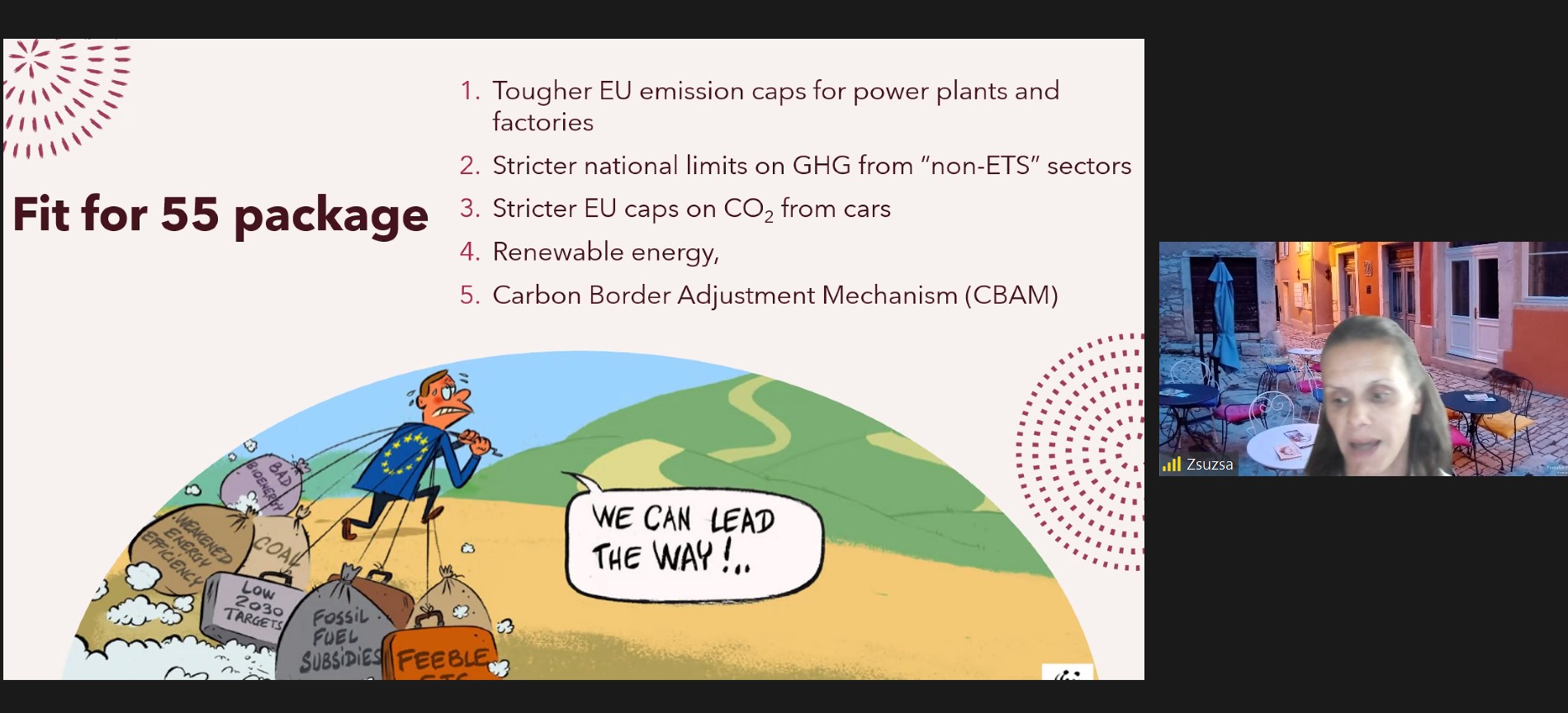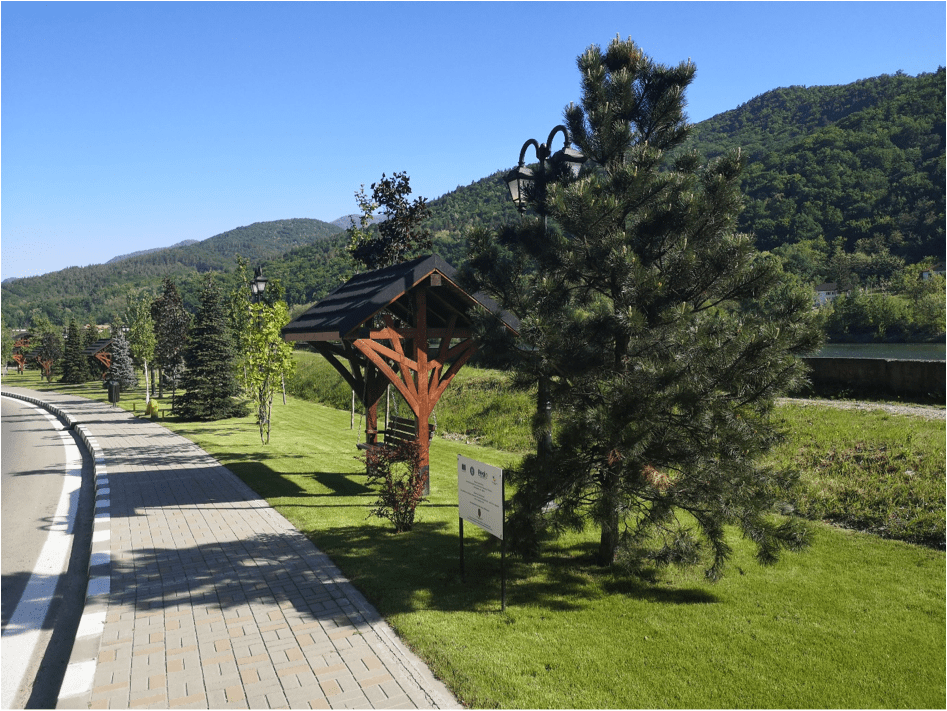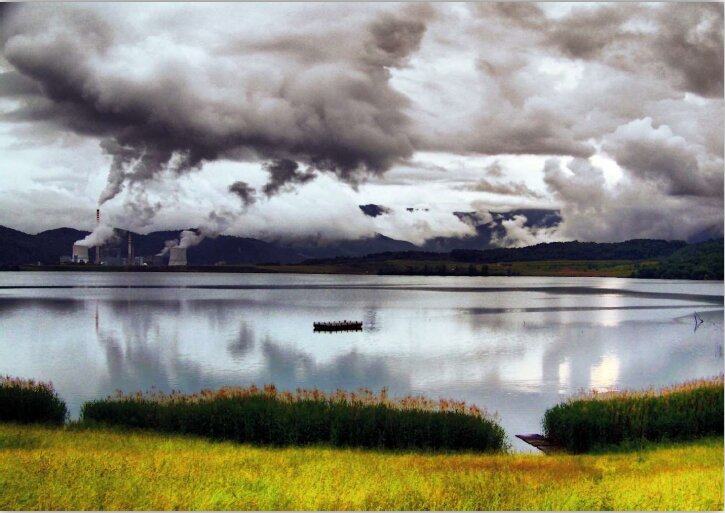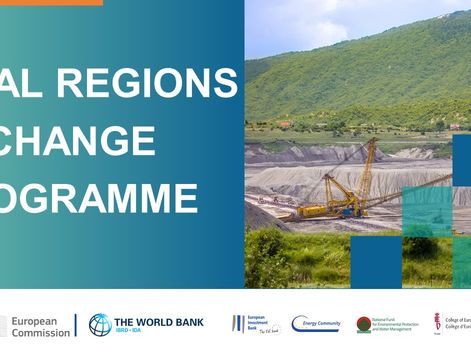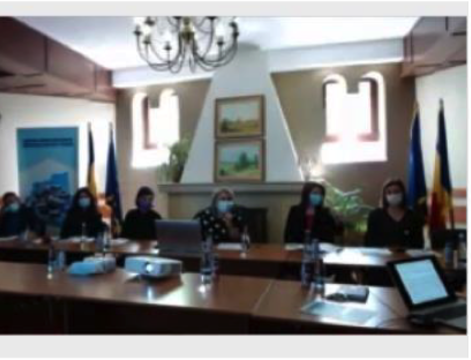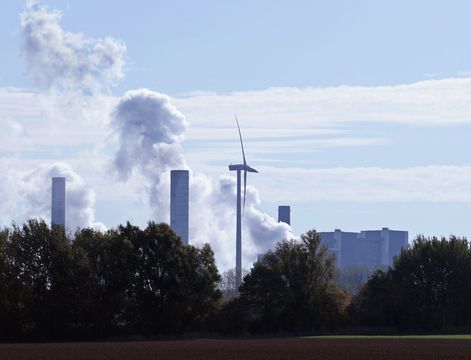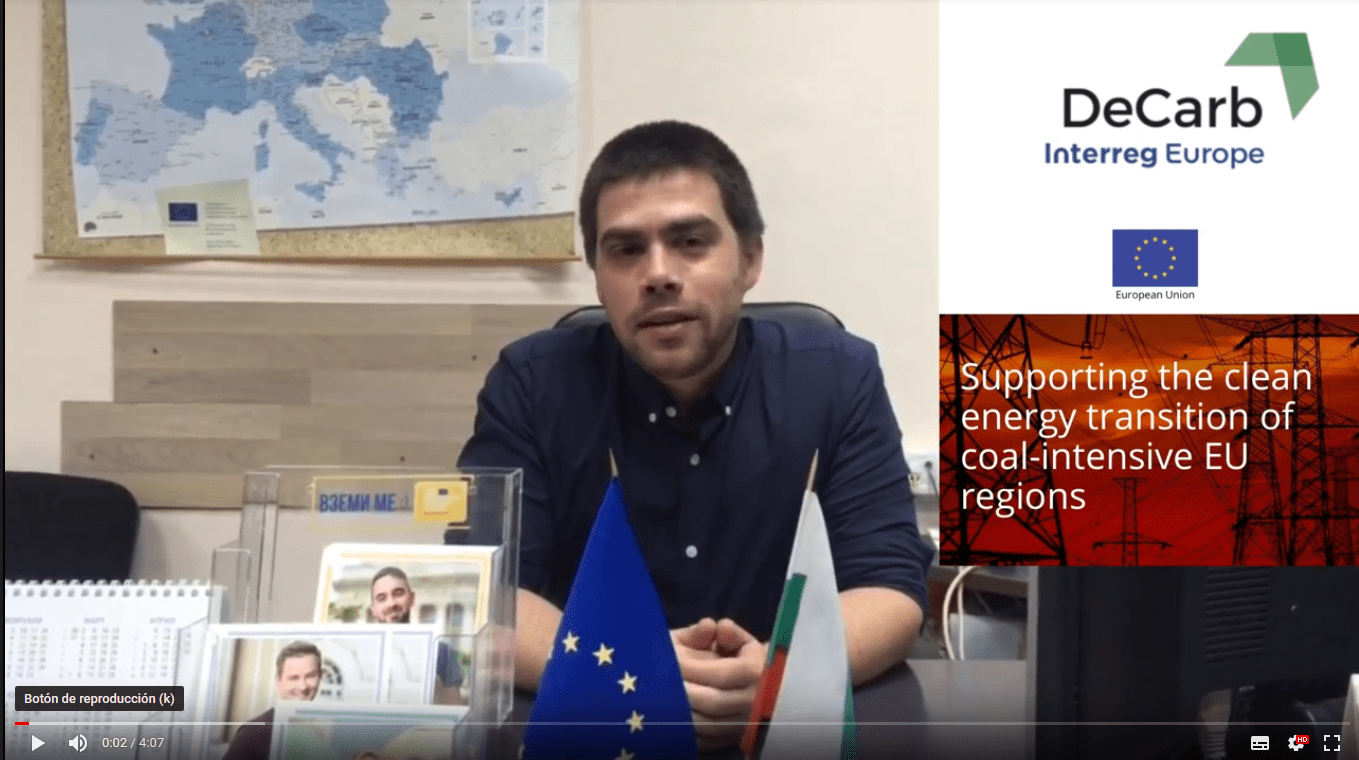Brussels finalizes the creation of a fund for the conversion of the coal areas of the European Union that will be affected by the transition to a fossil fuel-free economy. And, among all those fuels, coal - the most polluting and the one that emits the most greenhouse gases when generating electricity - is the one that is doomed to fall first in the fight against climate change. The fund and the “fair transition” strategy are called to be key pieces of the New Green Deal, the great green program that the Commission intends to launch in the first 100 days of its mandate, which starts on December 1.
The fund will be endowed with 5,000 million euros, although it is part of a package in which the Commission expects to mobilize up to 35,000 million euros. According to the document, up to 50 European regions could access the funds, six in Spain (Asturias, Aragon, Galicia, Castilla y León, Castilla-La Mancha and Andalucía). The amount and design of that plan, however, generates some concern among several affected regions, who fear it may have a lower impact than expected.
Up to 35,000 million
According to the text, the fund will be part of a larger initiative that hopes to mobilize up to 35,000 million euros in the 2021-2027 period through two pillars. First, the Commission wants to create a package of 15,000 million from this new mechanism (5,000 million), from existing funds such as Regional or Social Development (5,000) and from the pocket of the beneficiary countries, which will have to co-finance the projects (5,000). The other 20,000 million would come from the mobilization of resources by InvestEU (the investment program that will succeed the Juncker Plan), which with a contribution of 1,500 million expects to drag up to 18,500 of private investment.
The document sets the criteria for choosing the areas to which these resources will go, which would take into account employment data, carbon intensity or peat production. Based on these parameters, up to 50 regions in 18 countries could obtain resources. The most benefited would be Poland (ten areas), Germany (eight), Spain (six), Greece (five) and Italy (four), but also the Czech Republic, Romania, Belgium, France or the Netherlands could qualify for that money.
Among these regions there is concern about the high number of areas. At first, 18 European regions - among them Asturias, Aragón and Castilla y León - coordinated to push for a fund. The number of areas that have targeted those demands has been growing, especially after that JRC report that detected up to 41 zones. Now, there are 50 to distribute the cake. It is also suspected that countries may have a greater role than the Commission at the time of distribution.
Mines and Centrals
The "fair transition" - an expression that includes actions to lighten the negative effects of the transformation of the economy to eliminate greenhouse gases - is one of the usual terms in climate change negotiations. And at the summit of the UN climate that Madrid has hosted, was one of the issues to be discussed, according to the Spanish Minister for Ecological Transition, Teresa Ribera.
Its department bases its national climate strategy on three elements: the future climate change law that the Executive intends to carry out, the energy and climate plan sent to Brussels and the fair transition program.
This plan has already been approved and is intended for mining regions that have had to close. All Spanish coal mines were closed in January of this year because they are not viable if they do not receive public support, something that is not allowed because of EU regulations. These regions already have national financial support and part of the employment will be maintained thanks to the closure of the deposits, which will last for years.
The closure of the mines has also triggered the closure of power plants that burn this national mineral, which will be produced over the next few months. In addition, the closure of other plants that burned coal from outside Spain is also precipitating due to the increase in the price of CO2 emission rights that they have to buy to operate. The regions affected by the closure of these plants - which in principle was not planned until the end of this decade - can also benefit from the new fund that Brussels will launch.
Source: Factor CO2



